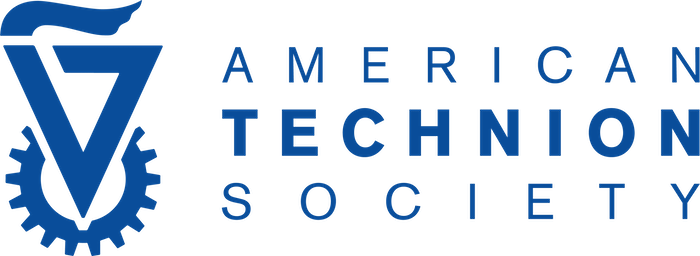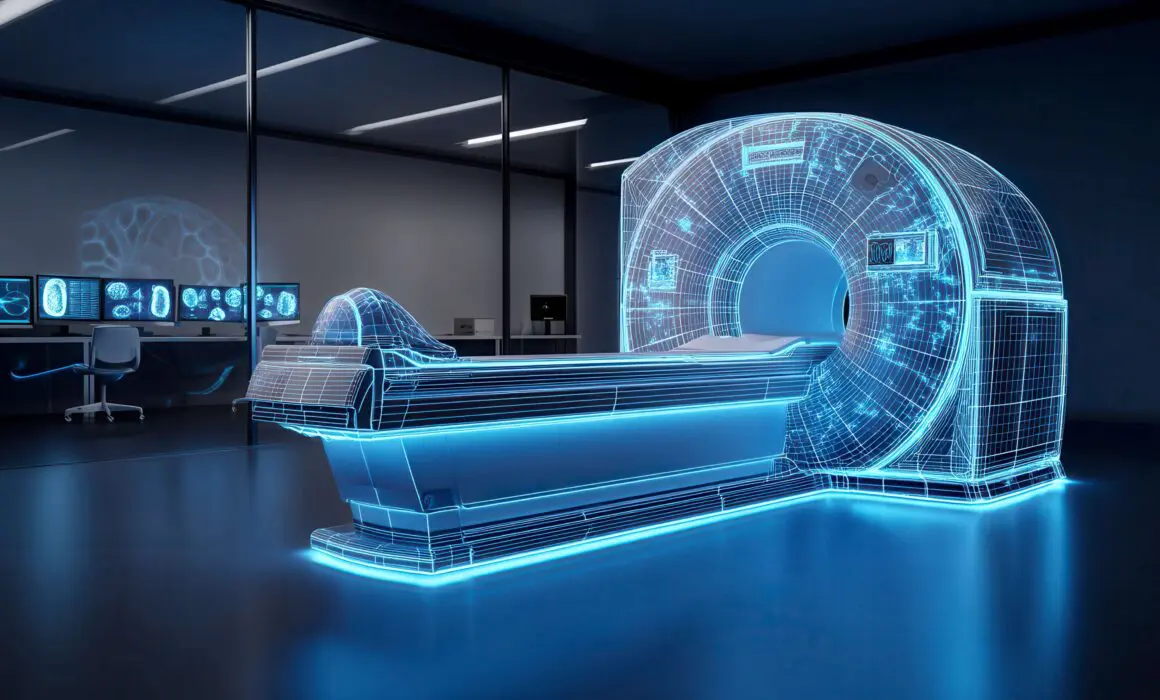PTC and the Technion

Engineering the Future
PTC is a U.S.-based global leader in software solutions, revolutionizing how products are designed, manufactured, and maintained. With 95% of Fortune 500 discrete manufacturing companies — spanning the aerospace, automotive, and health care industries — on its client roster, PTC is synonymous with innovation. So when the company sought a research partner with a bold, transformative mindset, the Technion was the natural choice.
The PTC-Technion alliance stands as a model for how academia and industry can work together to push the boundaries of innovation, turning bold ideas into real-world advancements that will shape the industries of tomorrow. What began with a focus on robotics and digital content for PTC’s Science and Technology Department in 2014 has evolved into something far bigger.
In 2021, PTC established an R&D facility at the Technion, tapping into the University’s world-class talent to develop the next generation of software solutions. During a presentation to the ATS Board of Directors in November 2024, PTC Chief Evangelist Jon Hirschtick highlighted the collaboration’s dual impact, emphasizing how it gives Technion students access to innovative technologies and industry insights, while providing PTC with a direct line to some of the brightest engineering minds in the world.
We are excited to be recruiting from this pool of great talent at the Technion,” he shared.
A major pillar of this collaboration is advanced manufacturing — an emerging priority for Israel. The PTC R&D facility on campus now houses the Digital Physical Research Center, where theory meets tangible innovation. It is led by PTC Vice President of Technology Dr. Ronen Ben Horin, an outstanding engineer and scientist with 25 years of industrial experience and an enthusiastic leader in digital engineering technologies.
“In this building, we’re not just writing software — we’re making things,” Hirschtick said. “We’ve brought in PTC-funded and company-donated advanced 3D-printing equipment, creating a state-of-the-art lab where students learn the latest in additive metal manufacturing.” Among its standout achievements? A fully 3D-printed jet engine, a testament to the groundbreaking research emerging from this collaboration.
By fusing PTC’s software expertise with the Technion’s research prowess, the partnership has sparked breakthroughs across multiple industries. In medicine, it has propelled the development of 3D-printed scaffolds for reconstructive surgery and advanced bioprinting techniques for tissue engineering. Meanwhile, in aerospace and industrial manufacturing, the breakthrough digital technologies developed by PTC are pioneering generative design and topology optimization, crafting high-performance components with unprecedented precision. Students and researchers gain hands-on experience with these cutting-edge technologies, collaborating with industry leaders to redefine the future of production.
Beyond the lab, this collaboration is shaping the future of education and workforce development. PTC and the Technion are committed to fostering the next wave of engineers, not just at the university level but even among high school and middle school students. “We’re engaging with younger students through our work at the Madatech Science Museum, where the Technion is also among sponsors,” Hirschtick shared, emphasizing the importance of fostering innovation from an early age. By introducing students to high-tech tools and industry practices early on, the partnership helps cultivate future talent ready to tackle real-world challenges.
Looking ahead, both PTC and the Technion see limitless potential in this partnership.
We’re excited to recruit from this incredible pool of talent at the Technion,” Hirschtick said. “The seeds have been planted, and the collaboration is thriving. We believe it’s only going to grow deeper — and the success is already evident.”





